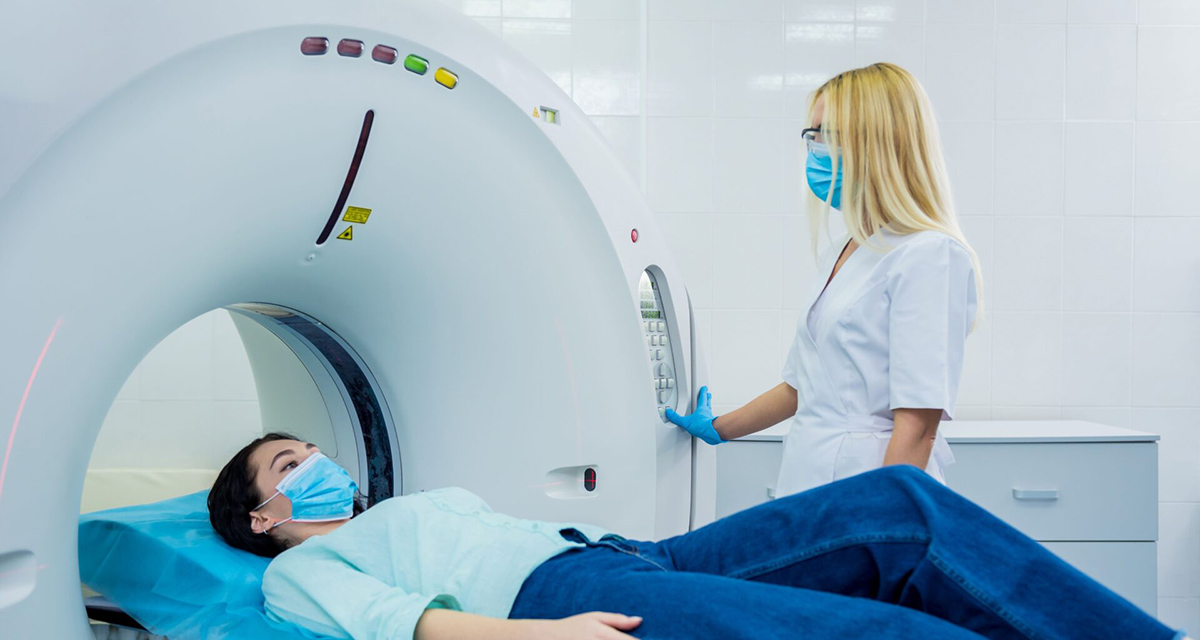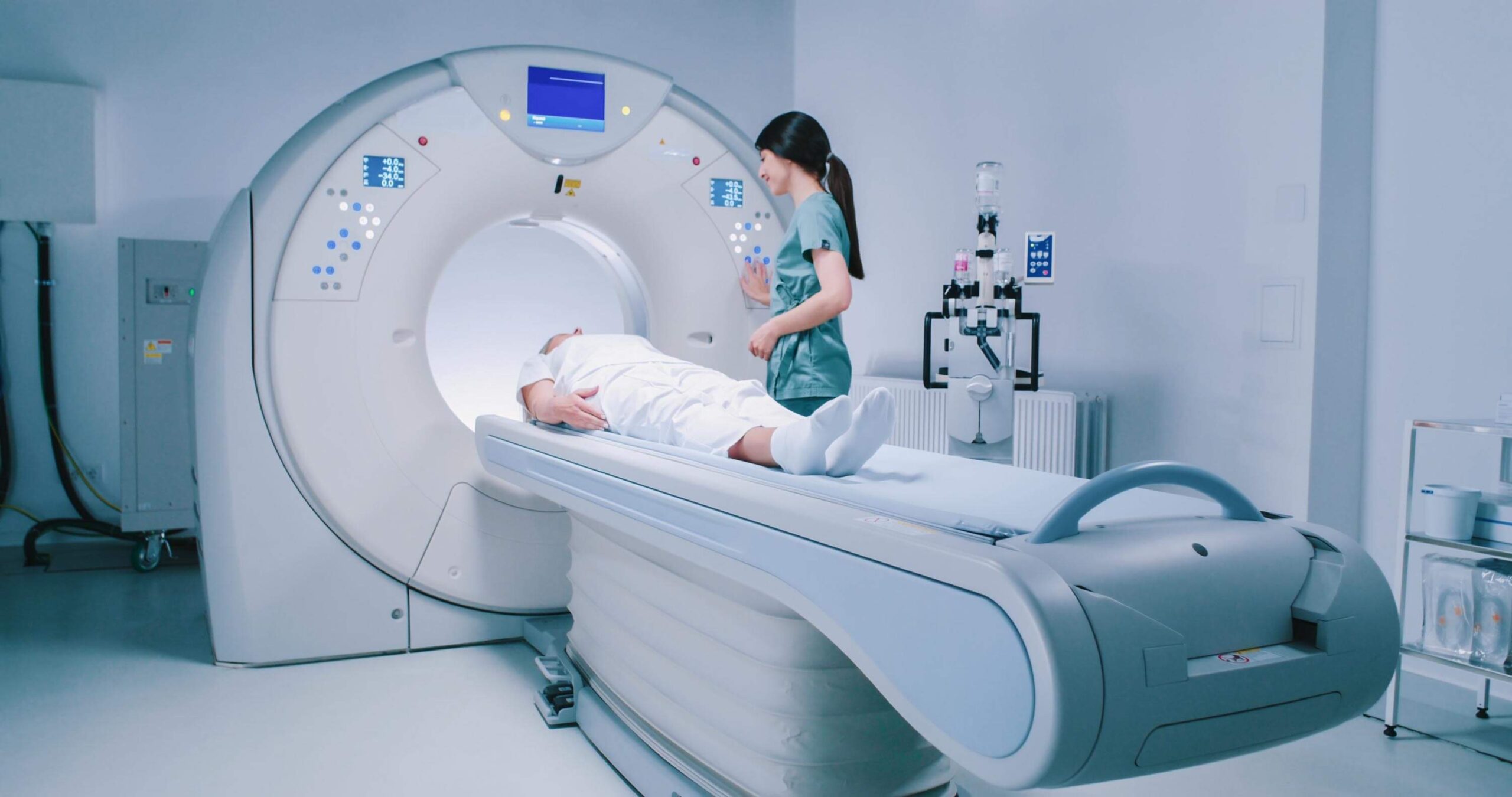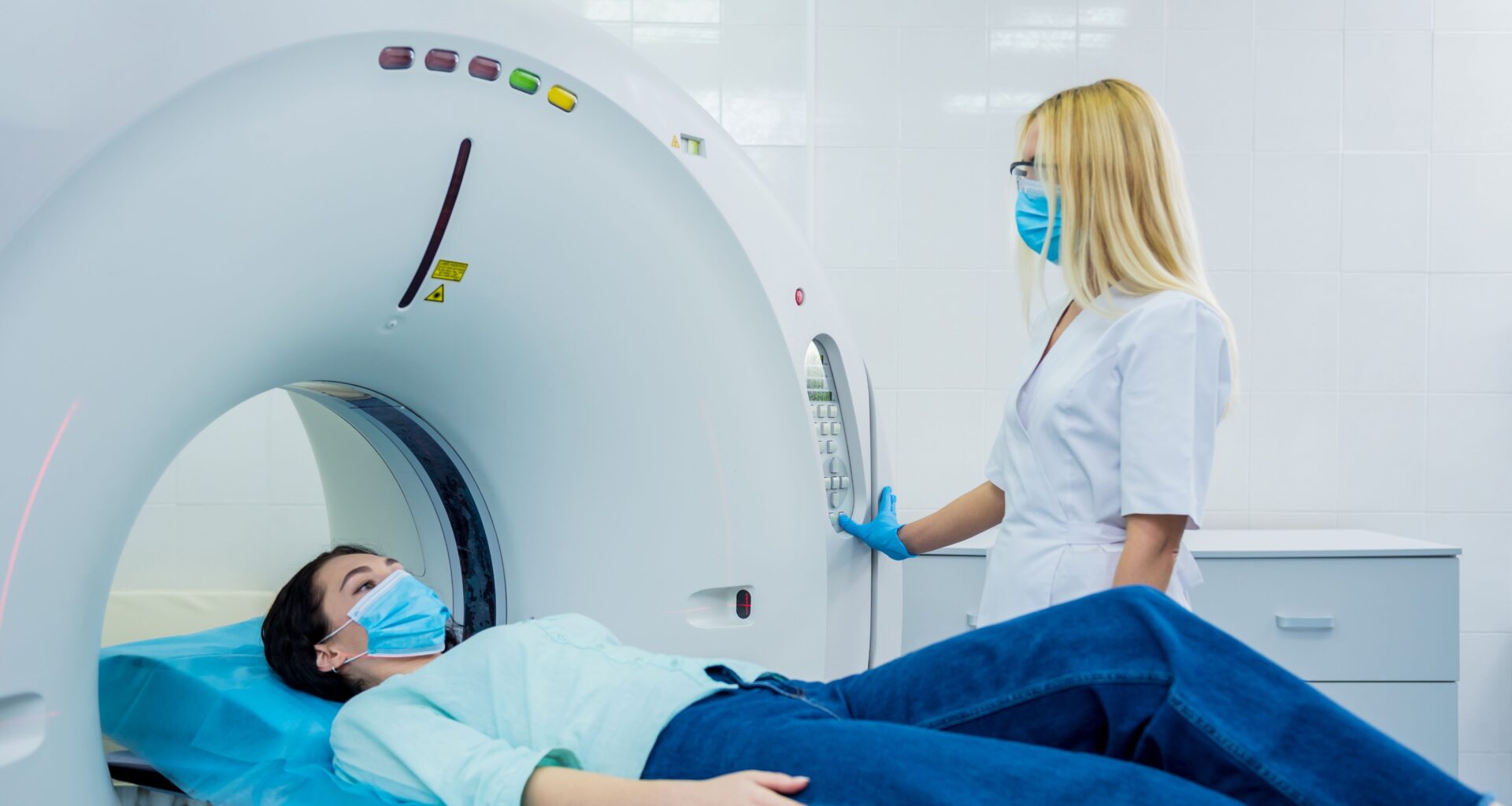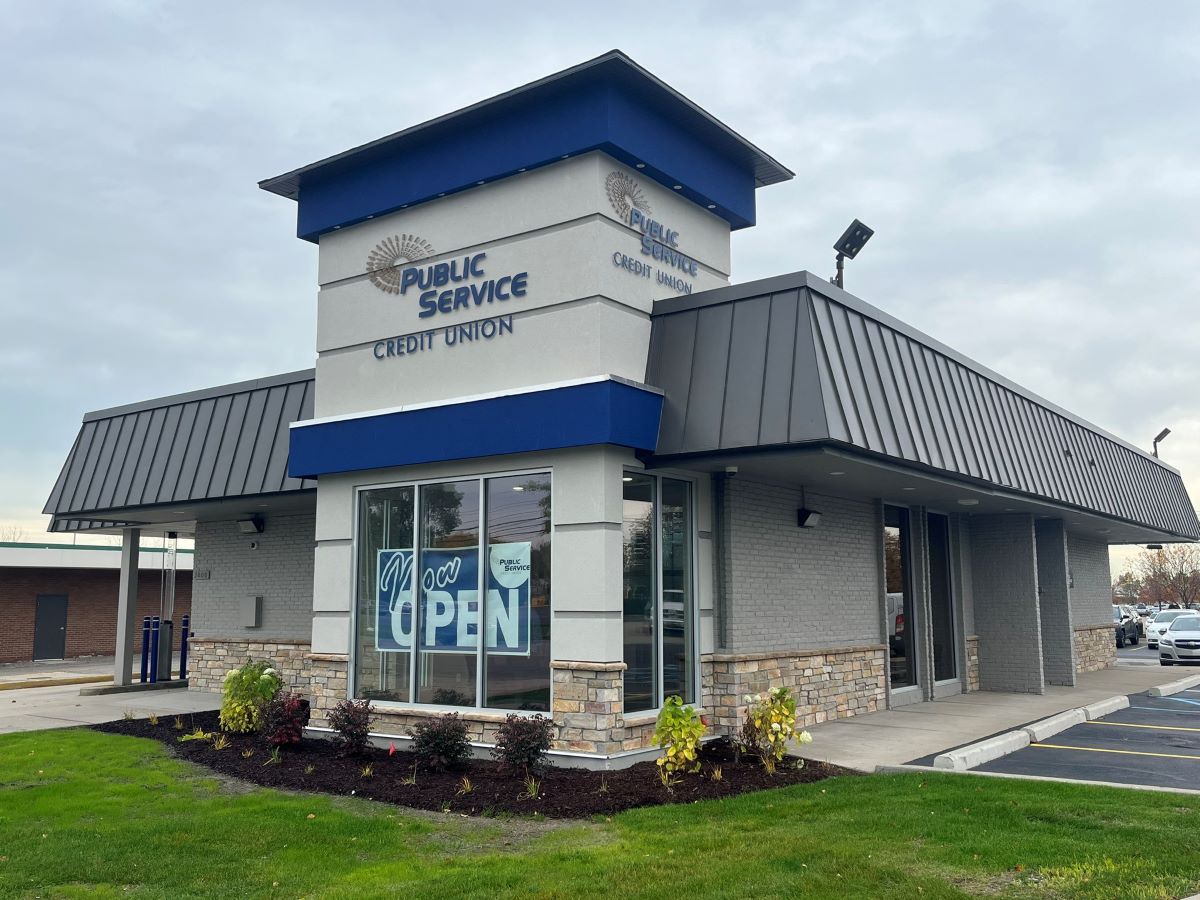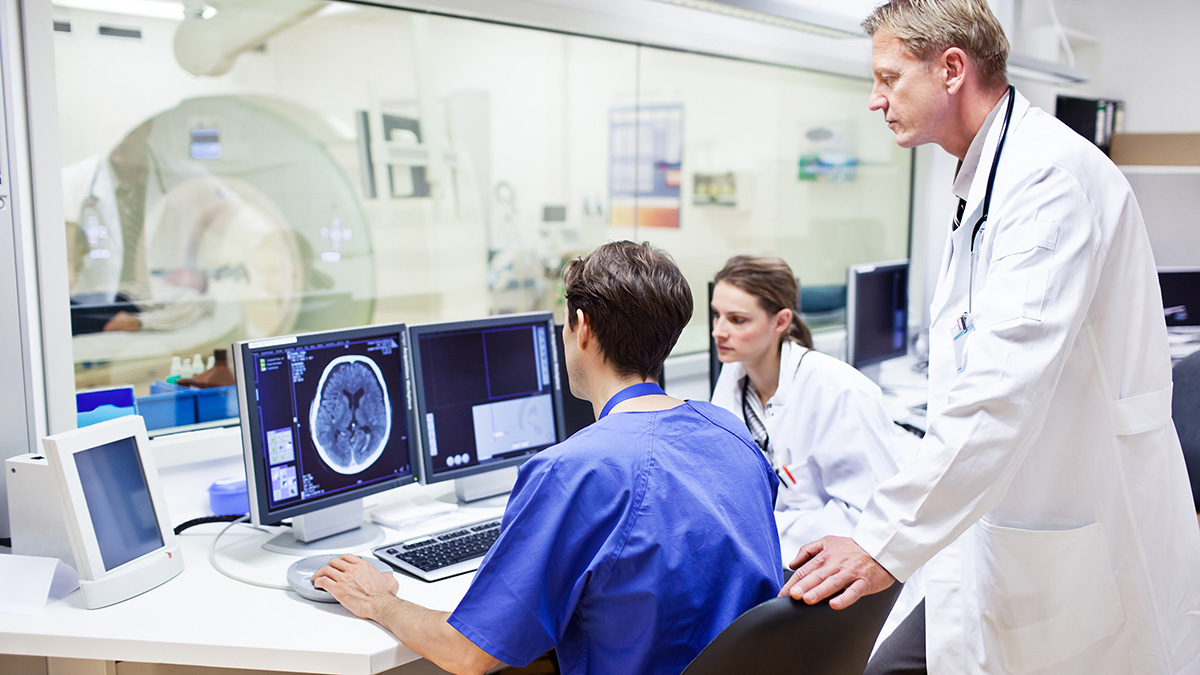

Finance
How Much Do CT Scans Cost Without Insurance
Published: November 23, 2023
Looking for the cost of CT scans without insurance? Find out the financial implications and explore affordable options for your medical needs.
(Many of the links in this article redirect to a specific reviewed product. Your purchase of these products through affiliate links helps to generate commission for LiveWell, at no extra cost. Learn more)
Table of Contents
Introduction
CT (Computed Tomography) scans are important diagnostic tools used by healthcare professionals to obtain detailed images of various parts of the body. These imaging tests provide valuable information to assist in the diagnosis and management of a wide range of medical conditions, including injuries, infections, tumors, and cardiovascular diseases. CT scans utilize a combination of X-rays and computer technology to create cross-sectional images, allowing doctors to visualize internal structures and identify abnormalities.
However, one of the common concerns individuals face when considering a CT scan is the cost, especially for those without insurance coverage. Medical expenses, particularly advanced imaging procedures like CT scans, can be substantial, causing financial strain for many individuals and families.
In this article, we will delve into the factors that influence CT scan prices, explore the average cost of CT scans without insurance, discuss the variation in costs across different medical facilities, and explore funding options for those seeking CT scans without insurance coverage.
It is essential to note that the information provided in this article is intended for informational purposes only and should not be taken as financial or medical advice. The costs mentioned are approximate estimates and can vary depending on various factors, including geographic location, healthcare provider, and individual circumstances. Therefore, it is crucial to consult with healthcare professionals and insurance providers for accurate and personalized pricing information.
Understanding CT Scans
A CT scan, also known as a CAT scan, is a specialized medical imaging procedure that uses a combination of X-rays and computer technology to generate detailed cross-sectional images of the body. Unlike traditional X-rays that only provide a two-dimensional view, CT scans produce a three-dimensional image, allowing doctors to examine internal structures from different angles.
CT scans are useful in diagnosing and monitoring a wide range of conditions, including but not limited to:
- Brain and spinal cord injuries
- Lung diseases, such as pneumonia or lung cancer
- Abdominal and pelvic conditions, such as appendicitis or ovarian cysts
- Cardiovascular diseases, such as heart disease or blocked arteries
- Bone and joint disorders, like fractures or arthritis
- Tumors and cancers
During a CT scan, the patient lies on a table that slides into a doughnut-shaped machine called a CT scanner. The scanner rotates around the body, emitting a series of X-ray beams that pass through the body at different angles. Detectors within the machine measure the amount of radiation that passes through the body, and computer software uses this data to construct detailed images of the specific area being examined.
CT scans are generally painless and non-invasive, but the procedure may require the use of contrast dye to improve the visibility of certain structures, organs, or blood vessels. The contrast dye may be administered orally, intravenously, or rectally, depending on the area being scanned and the specific instructions provided by the healthcare provider.
It is important to note that CT scans do involve exposure to radiation, albeit at a low dose. While the benefits of obtaining accurate and detailed medical images usually outweigh the risks associated with radiation exposure, individuals should discuss any concerns with their healthcare provider and consider the necessity of the scan.
Factors Affecting CT Scan Prices
Several factors contribute to the overall cost of a CT scan, and understanding these factors can help individuals better navigate the pricing landscape. While prices can vary significantly depending on the specific circumstances, here are some common factors that influence CT scan prices:
- Type of CT scan: Different types of CT scans are used to examine specific parts of the body. For example, a head CT scan focuses on the brain, while a chest CT scan focuses on the chest and lungs. The complexity and extent of the scan required will impact the cost.
- Geographic location: The cost of medical services, including CT scans, can vary significantly from one geographical location to another. Factors such as regional healthcare market dynamics and cost of living can influence the pricing structure.
- Healthcare facility: The type of medical facility where the CT scan is performed also affects the cost. Generally, hospitals tend to be more expensive compared to independent imaging centers or outpatient clinics.
- Insurance coverage: The presence or absence of insurance coverage plays a crucial role. With insurance, individuals may only need to pay a portion of the total cost as determined by their insurance plan’s terms, such as copayments or deductibles. Without insurance, patients are responsible for the full cost.
- Additional services: Depending on the specific medical situation, additional services may be required, such as the administration of contrast dye or post-processing of images. These additional services may incur separate charges.
- Provider negotiations and discounts: In some cases, healthcare providers may offer negotiated rates or discounts for uninsured or self-pay patients. It can be beneficial to inquire about potential discounts or payment plans directly with the medical facility.
It is important to note that the prices of CT scans can vary significantly, and it is advisable to consult with healthcare providers or medical facilities directly to obtain the most accurate and up-to-date pricing information. Additionally, individuals can inquire about any available financial assistance programs or charity care options that may help alleviate the financial burden associated with obtaining a CT scan.
Average Cost of CT Scans without Insurance
The cost of a CT scan without insurance coverage can vary widely depending on several factors, including the geographic location, the type of scan required, and the specific healthcare facility. However, to provide a general idea of the average cost, it is estimated that a CT scan without insurance can range from $500 to $3,000 or more in the United States.
It is important to note that this estimate is for the scan itself and does not include any additional services or procedures that may be required, such as the administration of contrast dye or radiologist interpretation of the images. These additional services can further increase the overall cost.
The variation in pricing can be attributed to several factors:
- Geographic location: Medical costs can significantly differ between urban and rural areas, as well as from one state to another.
- Type of CT scan: The complexity and specific body part being scanned can affect the pricing. For example, a head CT scan may be less expensive compared to a whole-body CT scan.
- Healthcare facility: The cost of CT scans can differ between hospitals, independent imaging centers, and outpatient clinics. Hospitals tend to have higher overall costs than independent facilities.
- Negotiations and discounts: Some healthcare providers may offer negotiated rates or discounts for uninsured or self-pay patients. It is advised to inquire about any available discounts or payment plans directly with the medical facility.
It is worth noting that the pricing mentioned here is an estimate, and the actual cost of a CT scan without insurance can vary depending on the factors mentioned above. Therefore, it is recommended to contact healthcare providers or imaging centers directly to obtain accurate pricing information for your specific situation.
In addition, some medical facilities offer self-pay packages or discounted rates for uninsured patients to help make healthcare services more affordable. It is beneficial to explore these options and discuss potential payment plans or financial assistance programs with the healthcare provider.
Cost of CT Scans in Different Medical Facilities
The cost of CT scans can vary depending on the type of medical facility where the scan is performed. Here is a breakdown of the average cost range for CT scans in different types of medical facilities:
- Hospitals: CT scans performed at hospitals tend to have higher costs compared to other medical facilities. The average cost of a CT scan at a hospital can range from $1,000 to $5,000 or more, depending on the specific scan and any additional services required.
- Independent Imaging Centers: Independent imaging centers or outpatient clinics often offer CT scans at a lower cost compared to hospitals. The average cost at these facilities can range from $500 to $3,000, depending on the location and specific scan.
- Urgent Care Centers: Some urgent care centers may have onsite CT scan capabilities for certain conditions. The cost at urgent care centers can vary but is generally lower compared to hospitals, with an average range of $500 to $2,500.
- Physician-Owned Clinics: In certain cases, physicians or clinics may have their own CT scanning equipment. The cost at these clinics can range from $500 to $3,000 or more, depending on the specific scan and any additional services required.
It is important to note that these are average cost ranges and can vary based on factors such as geographic location, the complexity of the scan, and any additional services needed. Additionally, these prices do not include any fees for interpreting the scan results or any associated follow-up care.
When considering where to have a CT scan, it is crucial to discuss the options with your healthcare provider and consider factors such as convenience, accessibility, and financial considerations. It may be beneficial to compare prices and services offered by different medical facilities to make an informed decision.
Remember, it is essential to inquire about any available discounts, payment plans, or financial assistance programs that can help alleviate the financial burden associated with CT scans, especially for individuals without insurance coverage.
Funding Options for CT Scans without Insurance
For individuals without insurance coverage, the cost of a CT scan can be a significant financial burden. However, there are several funding options available that can help make these necessary medical procedures more affordable. Here are some potential avenues to explore:
- Payment Plans: Many medical facilities offer payment plans, allowing patients to spread out the cost of the CT scan over a period of time. This can help make the payments more manageable and less of a financial strain.
- Charity Care Programs: Some hospitals and clinics have charity care programs that provide financial assistance to individuals who meet certain income requirements. These programs can help reduce or even eliminate the cost of a CT scan for eligible patients.
- Government Assistance: Depending on your country or state, there may be government programs or initiatives that provide financial support for healthcare services. These programs range from Medicaid and Medicare in the United States to universal healthcare systems in other countries.
- Nonprofit Organizations: Certain nonprofit organizations may offer financial assistance or grants to individuals in need of medical procedures. These organizations often have specific criteria for eligibility, so it is important to research and reach out to them for more information.
- Community Clinics: Local community clinics or free clinics may be able to provide CT scans at reduced costs or on a sliding scale based on the individual’s income. These clinics aim to make healthcare services more accessible and affordable for underserved populations.
- Negotiations and Discounts: It is worth inquiring directly with healthcare providers about any potential negotiated rates or discounts for self-pay patients. Some facilities may offer lower rates or even match the prices of competitors to attract business.
It is important to note that the availability and eligibility criteria for these funding options can vary, and it is advisable to contact the respective organizations or facilities to gather more information. Additionally, it may be beneficial to consult with a financial counselor or social worker who can provide guidance and assistance in navigating the available resources.
It is crucial not to delay necessary medical procedures due to financial constraints. Exploring these funding options can help individuals obtain the required CT scan without incurring overwhelming financial burdens.
Conclusion
CT scans are valuable diagnostic tools that provide detailed imaging of the body and play a crucial role in diagnosing and managing a wide range of medical conditions. However, the cost of CT scans without insurance can be a concern for many individuals.
In this article, we explored the various factors that influence CT scan prices, including the type of scan, geographic location, healthcare facility, insurance coverage, and additional services. While the average cost of CT scans without insurance can range from $500 to $3,000 or more, the actual cost can significantly vary depending on individual circumstances.
Furthermore, we discussed the variation in CT scan prices across different medical facilities, with hospitals generally having higher costs compared to independent imaging centers, urgent care centers, or physician-owned clinics. It is important to consider all these factors when deciding where to have a CT scan performed.
Fortunately, there are funding options available for individuals without insurance coverage. Payment plans, charity care programs, government assistance, nonprofit organizations, community clinics, and negotiated rates or discounts are potential avenues to explore in order to alleviate the financial burden of CT scans.
In conclusion, it is crucial to prioritize one’s health and not forgo necessary medical procedures, such as CT scans, due to financial constraints. By understanding the factors influencing costs and exploring the available funding options, individuals can make informed decisions and take steps towards obtaining the necessary medical imaging while managing their financial responsibilities.
It is important to note that this article is meant for informational purposes only and does not substitute professional medical or financial advice. It is always recommended to consult with healthcare providers and insurance companies for accurate pricing information and personalized guidance regarding CT scans and related financial matters.


